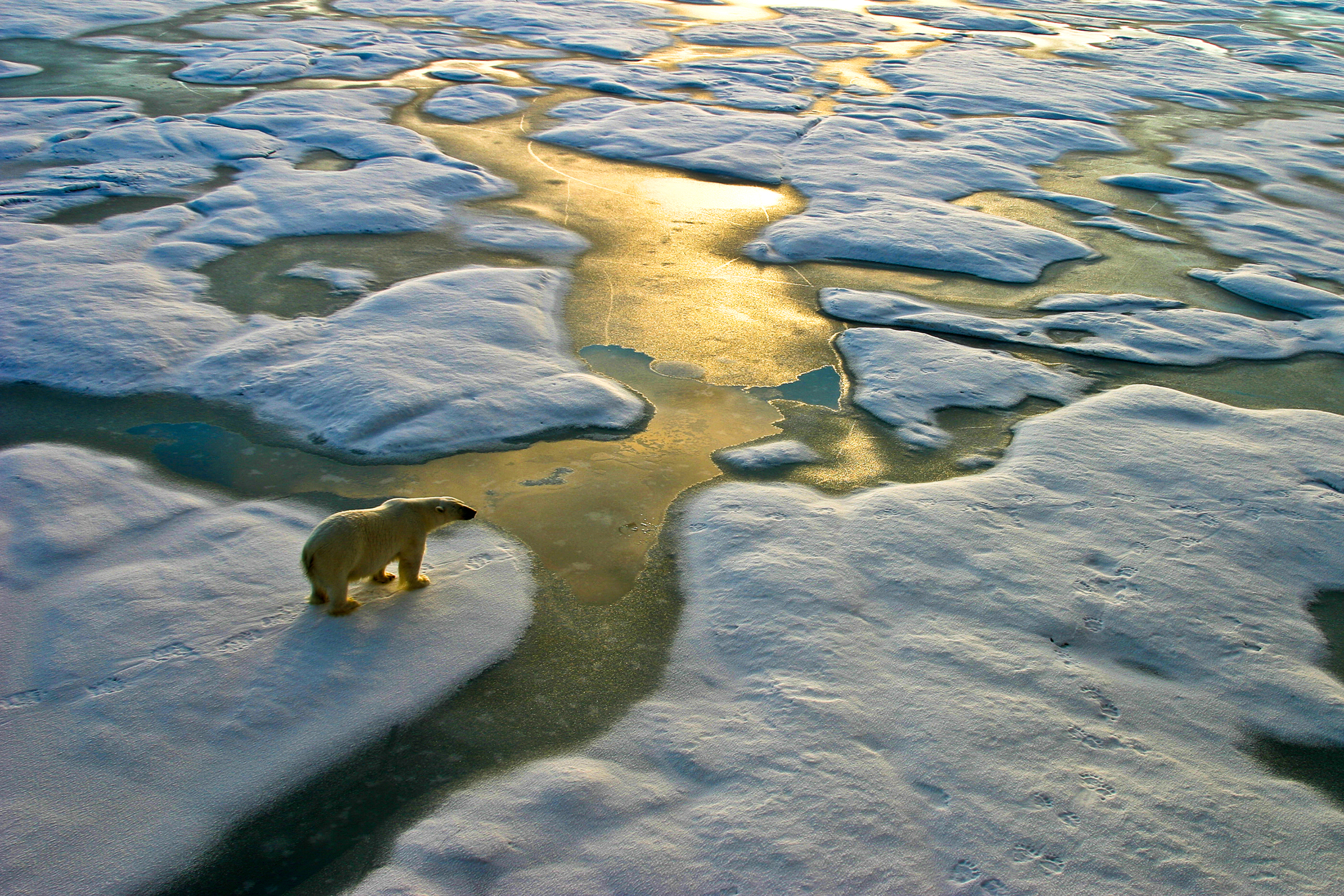The US generated a record amount of solar and wind electricity in 2024
The Trump administration may no longer be supporting renewable energy, but in 2024, the United States made significant strides with its energy source shift.
Last year, the U.S. generated a record amount of energy from solar and wind sources, enough to power the equivalent of more than 70 million average American homes, according to a new analysis of U.S. Energy Information Administration (EIA) data by Climate Central, a nonprofit climate research group.
In 2024, 756,621 gigawatt-hours (GWh) of electricity came from solar and wind, triple the amount generated a decade ago. Solar and wind combined accounted for about 17% of the country’s electricity generation.

In the United States, solar is now the fastest-growing source of electricity, with increases in solar generation reported across all 50 states and Washington, D.C., over the past decade, according to the analysis. California was the biggest solar energy producer in 2024, with Texas and Florida rounding out the top 3. Between 2023 and 2024, U.S. solar generation increased 27%.
Currently, 42 states produce electricity from wind, with 39 reporting an increase in wind generation over the past decade. Texas is the largest wind energy producer, accounting for about 28% of all wind generation in the United States last year. The next largest wind energy-producing state is Iowa. While the total amount of wind generation is significantly lower than in Texas, wind accounts for nearly two-thirds of all the electricity produced in the Hawkeye state.
-ABC News meteorologist Dan Peck







